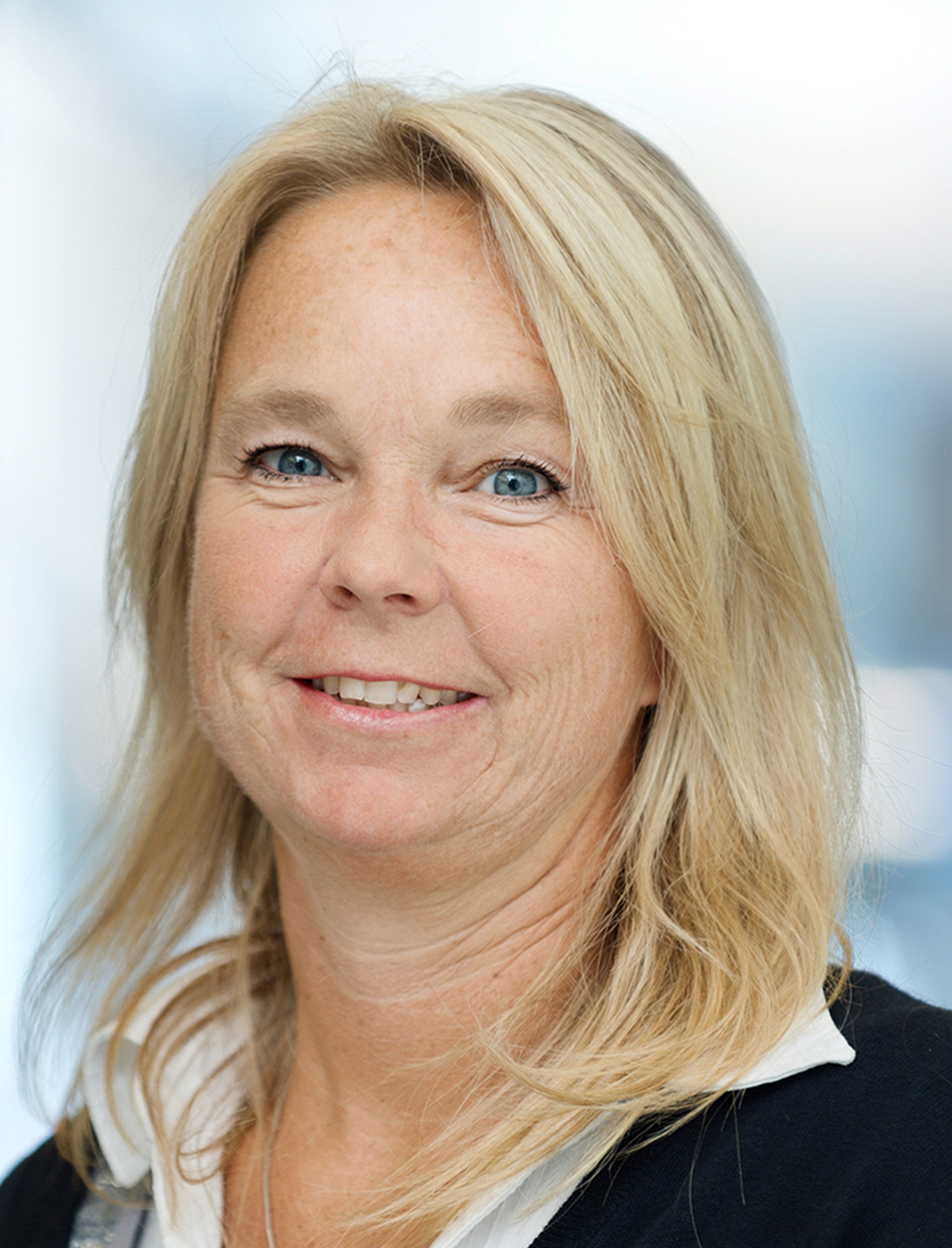Prof. Dr. Annette Liesegang

Institute of Animal Nutrition and Dietetics, Vetsuisse Faculty, University of Zurich
Annette Liesegang and her thesis students are mainly dealing with problems related to bone and cartilage physiology as well as obesity and the clinical impact of nutrition in this field.
Annette Liesegang has great experience in the field of bone, cartilage and mineral research.
She has extensively investigated the course of different bone markers, bone mineral density and content in different species especially during gestation and lactation. There, she has studied the various influences on the interactions between bone resorption and formation. In her basic research she has focused on the importance of physiological and nutritional influences on bone resorption and formation especially in clinical situations. In this context, she measured various bone markers for bone resorption and bone formation as well as bone mineral density with quantitative peripheral computed tomography. This CT is owned by the institute. She is also an expert in many species (ruminant, dog, reptile, pig, birds) and has been invited to the NADC laboratory in Ames to do work on bone metabolism in cows with hypocalcemia.
Recently, the work is also focused on calcium absorption in the intestines, where immunohistochemical methods as well as western blot have been developed. In this area she has completed and published several research projects.
In another study, the mechanisms of longitudinal growth regulation within growth plates after periosteal transection and elevation were investigated on a systemic level in foals and lambs while a parallel study will investigate the mechanisms on a cellular and molecular level. The goal of the study is to prove that periosteal transection and elevation will change hormonal metabolism in the subjects in which longitudinal growth is stimulated by different local factors. In addition, the influence of periosteal transection on cartilage mechanisms is studied. This work is done in cooperation with Prof. Brigitte von Rechenberg.
The Institute of Animal Nutrition and Dietetics also has facilities and infrastructure to conduct animal experiments. Animal stables are available as well as a laboratory. Animals will be taken from the institute's owned sheep and goat herd, which are managed with veterinary care.